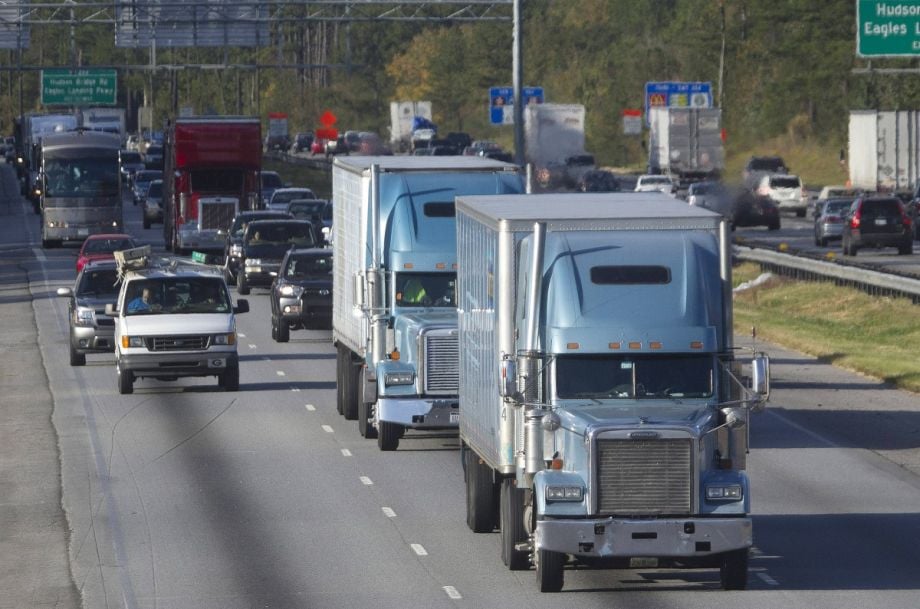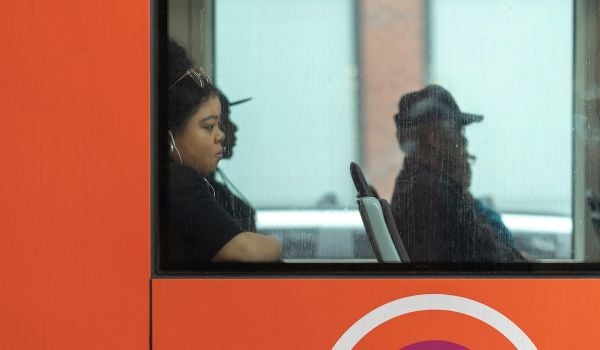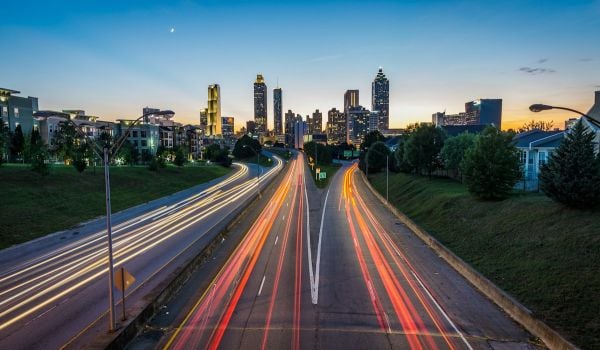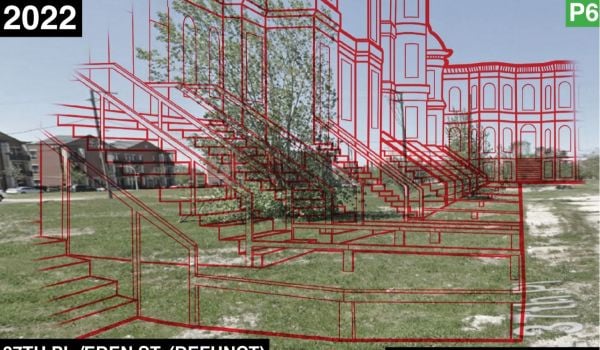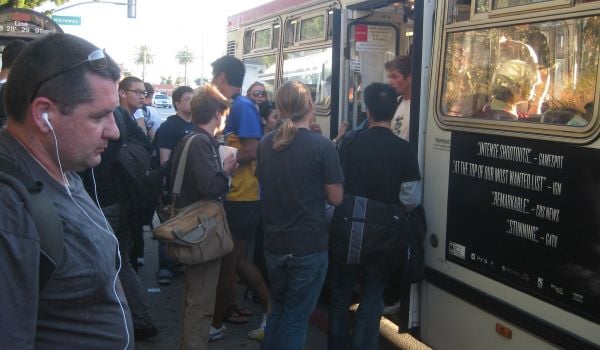The Obama administration released the details this week of its proposed $302 billion transportation bill, which it had sketched in broad outlines in February, and amid the $199 billion for highways (a 22 percent increase on fiscal year 2014 levels) and $72 billion for mass transit (a 70 percent hike), there’s one particularly interesting non-spending proposal: The Department of Transportation is asking Congress to let it let states add new tolls to their Interstate highway networks.
Something which had previously been all but banned, tolling existing lanes isn’t politically popular, but there’s no appetite to raise the gas tax. “They’re spending too much time in Colorado in a pot shop if they think that an increase in the gas tax is going to happen,” House transportation chair John Mica said earlier this year. (There was a federal pilot program to allow a few states to experiment with tolling existing Interstate lanes, but the three limited slots went to states — North Carolina, Virginia and Missouri — that never managed to actually follow through.)
Robert Poole, co-founder of the libertarian Reason Foundation, has long been a proponent of highway tolling — both for existing lanes (where libertarians and urbanists find common ground) and new ones (which many urbanists would prefer not to be built, period) — and outlined in a report last year a tolling plan to pay for the more than half a trillion dollars it will cost to rebuild the aging Interstate system, plus nearly $400 million for new lanes.
“I was very glad to see the Administration endorse federal permission for all states to use toll financing for reconstructing their portions of the aging Interstate highway system,” Poole wrote in an email to Next City. “While the overall bill is not likely to go anywhere due to having no credible funding source, it helps that the option of toll-financed Interstate reconstruction is now a mainstream proposal. There is already a bipartisan tolling flexibility bill in the Senate, where a similar measure came close to getting included in the Senate version of MAP-21 [the 2012 highway reauthorization bill that was passed] last time around.”
The unlikely funding source Poole refers to is what the administration calls “one-time transition revenue from pro-growth business tax reform” — the least likely aspect of the whole bill. But while the full spending plan is not likely to pass, Interstate tolling may gain more traction at the state level, according to Poole.
“I think an underappreciated player in this may be governors and state [departments of transportation],” Poole wrote. “While I don’t know of any who are ready to move forward on implementing toll-financed reconstruction, they are desperate for more tools in their toolbox as the feds cut back on 50-plus years of ever-greater annual highway funding.”
Trucking groups have generally opposed Interstate highway tolls, preferring instead a politically unpalatable hike in the gas tax. The Interstates carry a quarter of the nation’s total vehicle miles traveled, but only make up 2.5 percent of all highway lane miles. A gas tax hike would therefore mean that ordinary motorists, who tend to burn more taxed fuel commuting and running errands on local roads, would in effect be subsidizing truckers, who travel much longer distances on the Interstates.
Tolling the Interstates, Poole told Next City last year, “has been characterized by members of Congress and certainly the trucking industry as putting tolls on existing lanes. Well, the lanes won’t exist in any reasonable shape for much longer. We’re not talking about putting tolls on existing lanes and leaving them as they are. We’re talking about rebuilding pieces of the Interstate, section by section, and putting tolls on after the rebuilt capacity is there.”
The Works is made possible with the support of the Surdna Foundation.
Stephen J. Smith is a reporter based in New York. He has written about transportation, infrastructure and real estate for a variety of publications including New York Yimby, where he is currently an editor, Next City, City Lab and the New York Observer.


